What exactly is it?
Your heart is a pump. Imagine a water pump, pumping water through pipes, well it is very similar. Your heart pumps blood through your blood vessels. The pressure of the blood against the walls of the blood vessels is measured as ‘blood pressure’. So we all have ‘blood pressure’ the trouble is when it gets too high. High blood pressure will damage the smaller blood vessels (like in the back of your eyes and in your kidneys). High blood pressure also increases your chance of heart attack, stroke, heart failure and kidney and eye damage.
The trouble is that we usually can’t tell if we have high blood pressure or not unless it is measured. This is why high blood pressure is sometimes called ‘the silent killer’.
Sickness and death from cardiovascular disease (heart, blood vessel and blood pressure problems) continues to be one of the largest causes of disease for New Zealanders. More and more people are surviving heart attacks and strokes and there have been great improvements in this area of health care. All the same, cardiovascular disease is still responsible for 4 out of every 10 deaths in New Zealand. Many of these deaths are preventable. The first step is regular monitoring of blood pressure to make sure it is kept within recommended levels.
Blood pressure is measured using a blood pressure machine. This is often done at your doctor’s surgery but can also be done at pharmacies or with home blood pressure machines. Sometimes there is a public awareness campaign and nurses are out at supermarkets and malls taking blood pressure for free. If you have not had your blood pressure taken in the last year then always stop and get a free test when these are available.
The blood pressure reading will give you two numbers. The person may tell you it is something over something. An example would be 120 over 80. The top number tells you what the pressure in your blood vessels is when you heart is squeezing to push the blood around (120). The bottom number tells you what the pressure is when the heart relaxes between pushes (80).
If you are told your blood pressure is ‘too high’ your doctor will probably ask you to consider the following things that might contribute to high blood pressure:
- Too many processed foods
- Smoking
- More than the recommended amount of alcohol (1or 2 drinks per day for women. 2 or 3 drinks for men)
- Being overweight
- Being stressed
- Not getting enough exercise
The above list is of things that you may have some control over, there are also other contributing factors that you cannot do much about: getting older, having diabetes, kidney disease, having a parent with high blood pressure.
The things that will help to improve your blood pressure will also help prevent many other diseases:
- Stop smoking
- Eat food as close to natural state as possible
- Five fresh fruit and vegetables every day
- Read the food labels; watch out for salt, sugar and fats in your foods
- Aim for less than 5g of sugar and 120mg of salt per 100g of food in packaged foods
- Have at least two alcohol free days per week
- 30 minutes of physical activity every day. If you are not used to a 30 minute walk every day, you can start with just 5 or 10 minutes twice a day and increase
- Take the stairs instead of the lift, get off the bus one stop early and walk the rest of the way
- Drink plenty of water
- Eat slowly and you will be less likely to overeat
- Try and get to your healthy weight
- Manage your stress
- Get 7 or 8 hours sleep per night
If you are on medication for high blood pressure make sure you take it exactly as recommended by your doctor. If you are not sure of the instructions, check with your pharmacist. Make sure you order your next prescription several days before you run out of medicine.
For some people their blood pressure is higher when they are at the doctor’s, maybe due to nervousness. This is called ‘white coat hypertension’. Some people find it useful to have a blood pressure machine at home to take their blood pressure when they are relaxed and in their own home. There is research to say that for people who are having difficulty getting their blood pressure under control it might be helpful for them to have a home blood pressure machine.
If you are interested in self-monitoring your blood pressure, ask your usual GP if this would be appropriate for you. Talk to your pharmacist about the types of blood pressure machines available and which machine will be most suited for you.
Reducing your blood pressure will lower your chance of having a heart attack or stroke. It can literally save your life.
Written by Linda Caddick
This blog provides general information and discussion about medicine, health and related subjects. The information contained in the blog and in any linked materials, are not intended nor implied to be a substitute for professional medical advice.






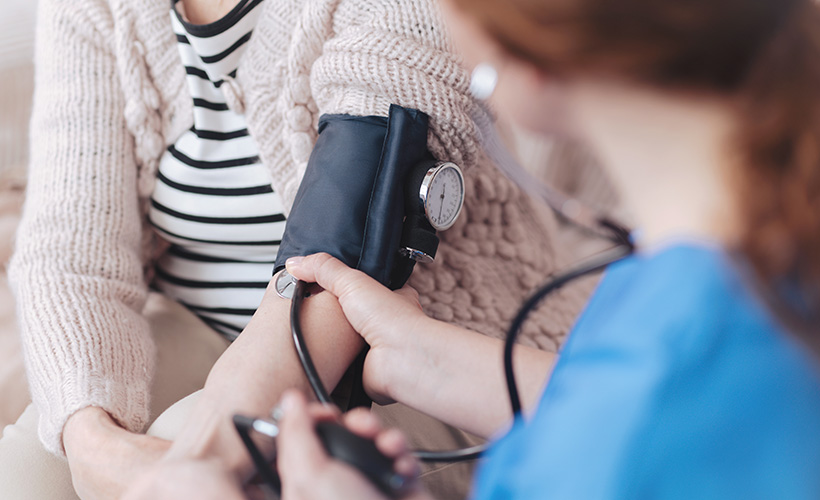
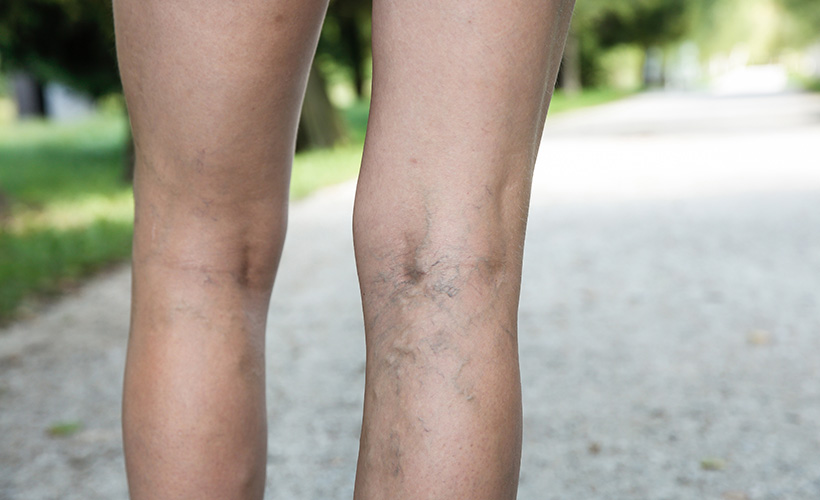
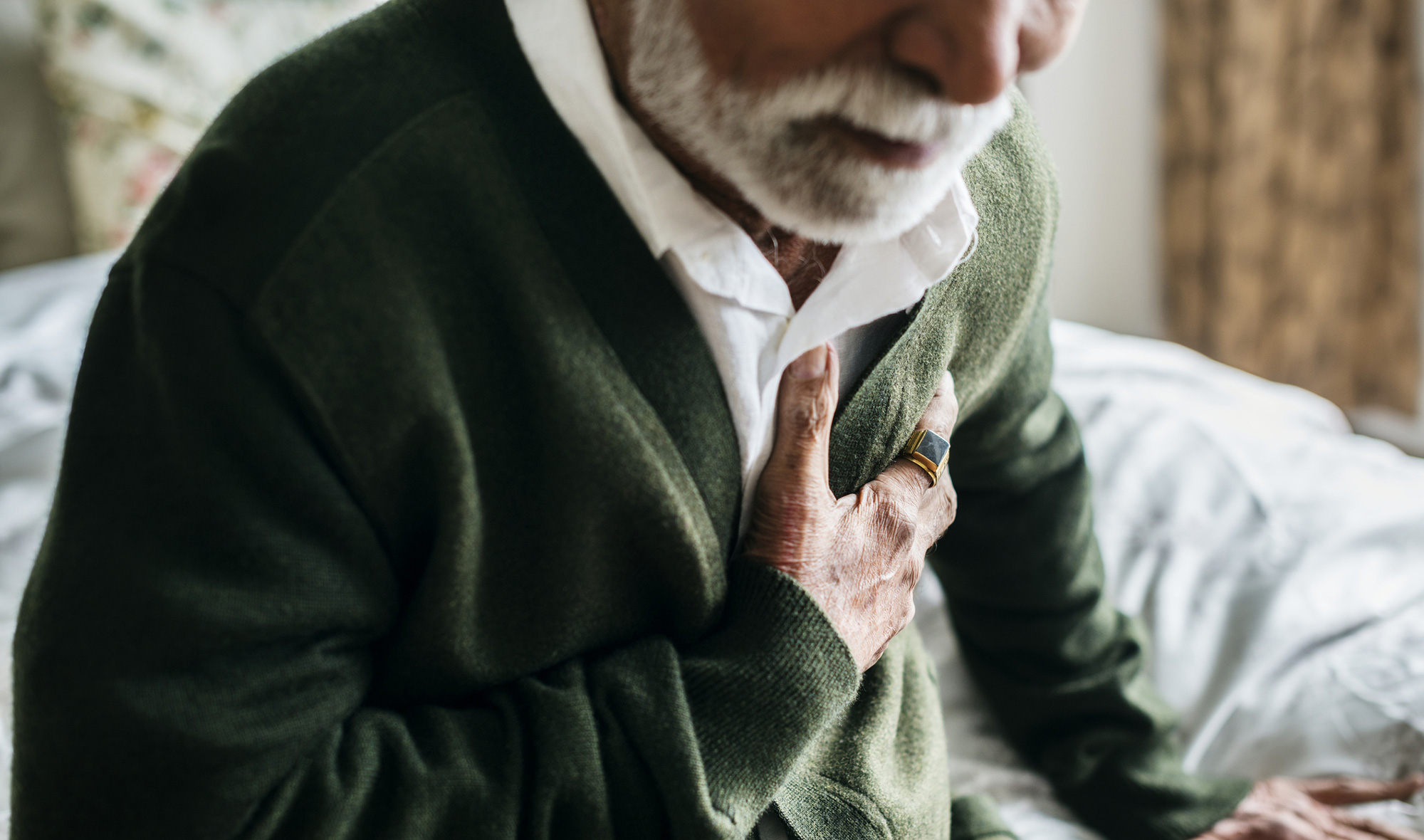
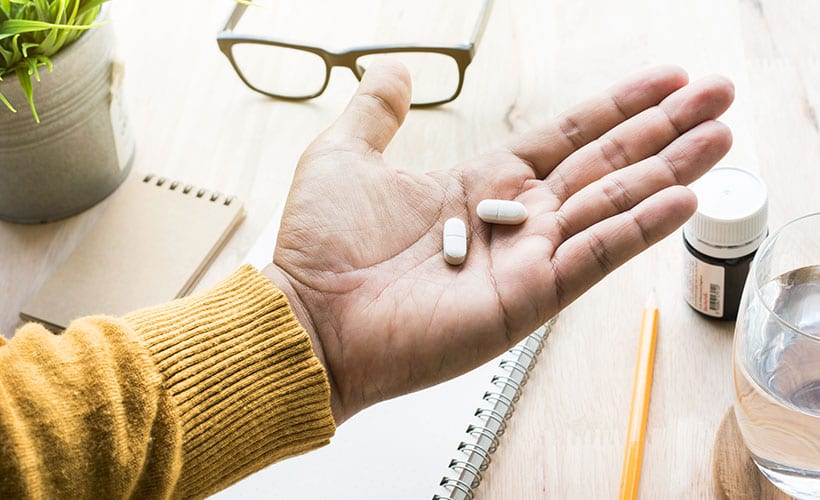
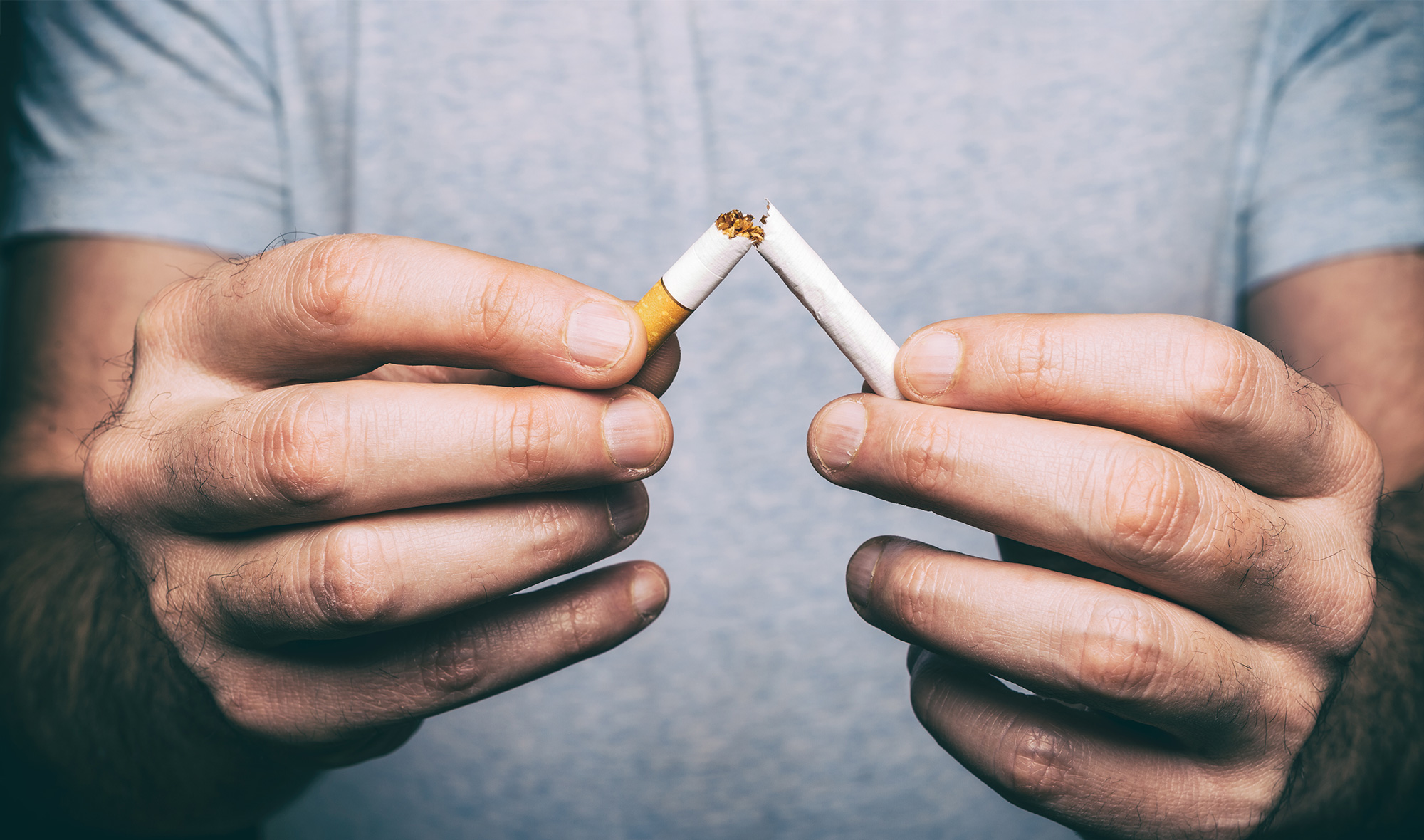


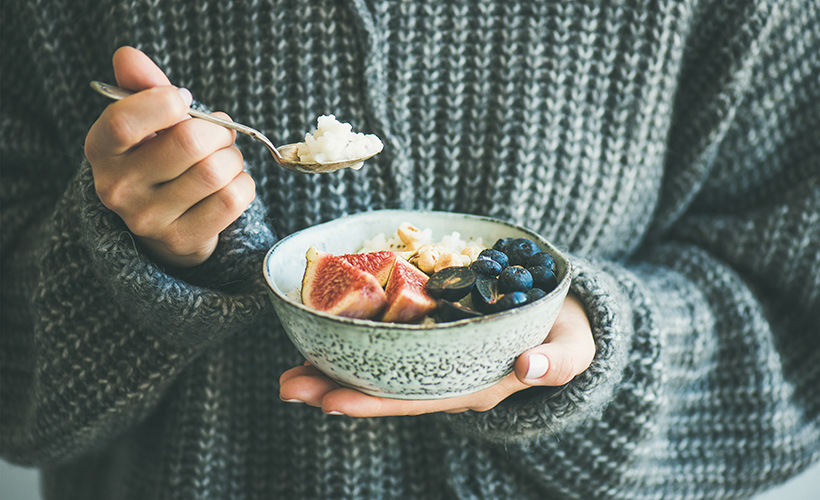

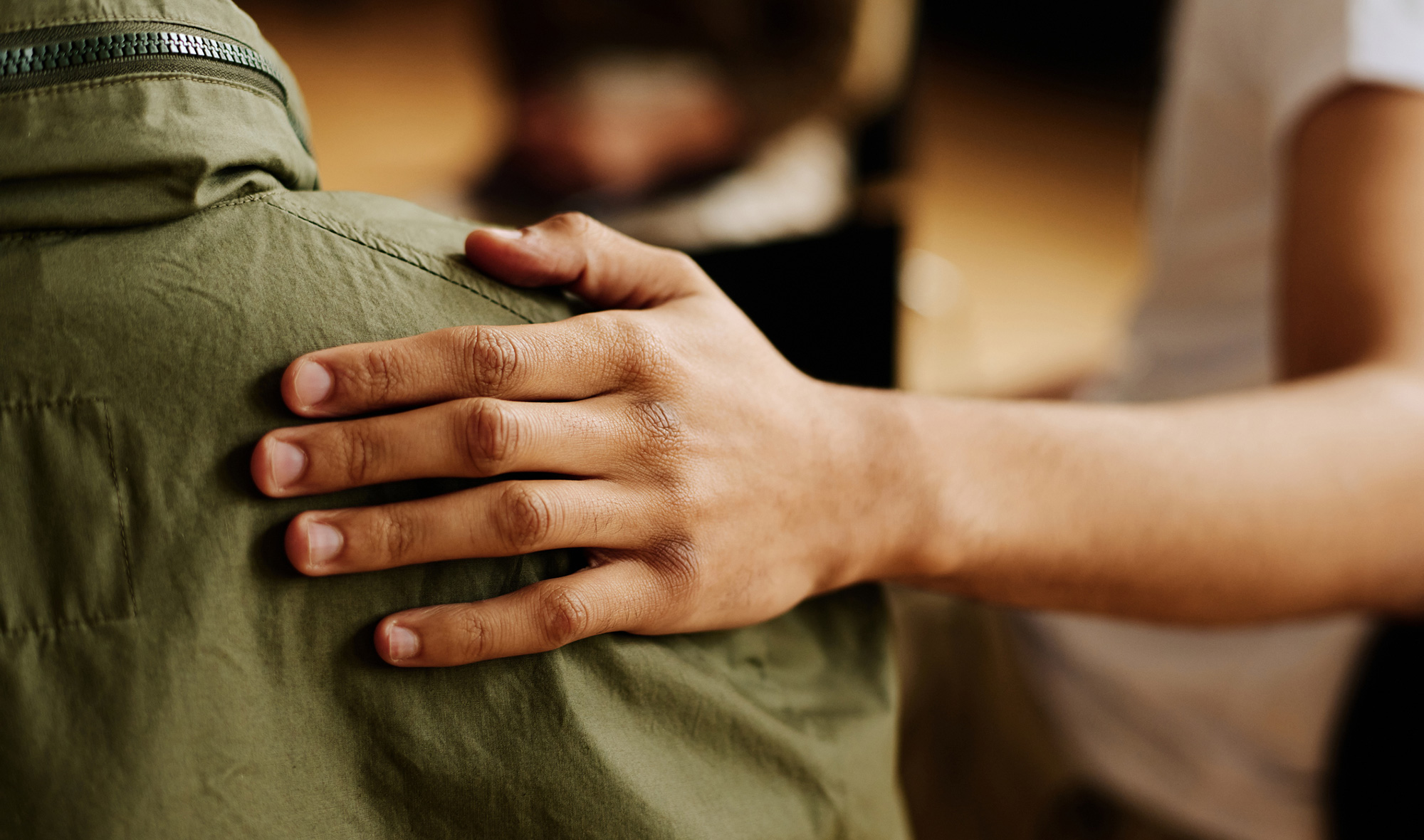
Community